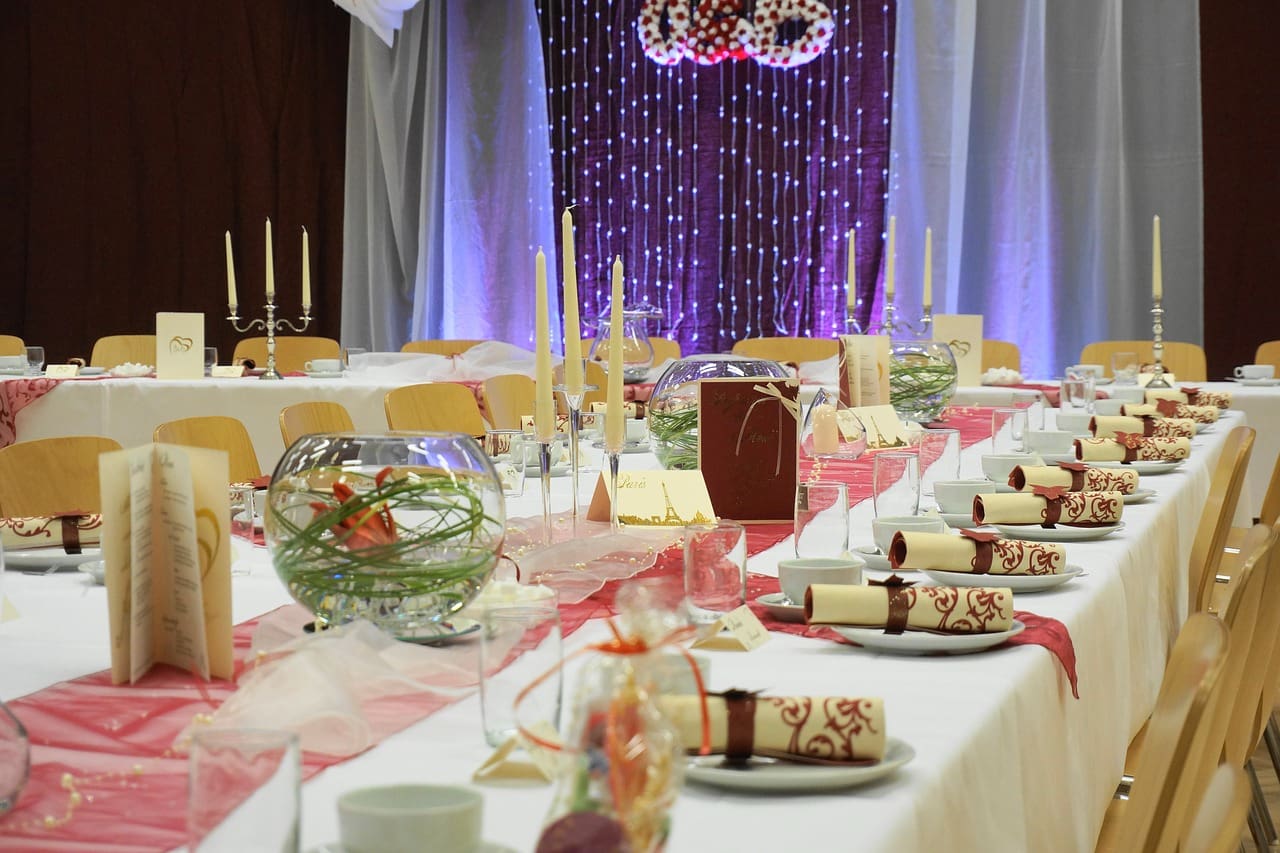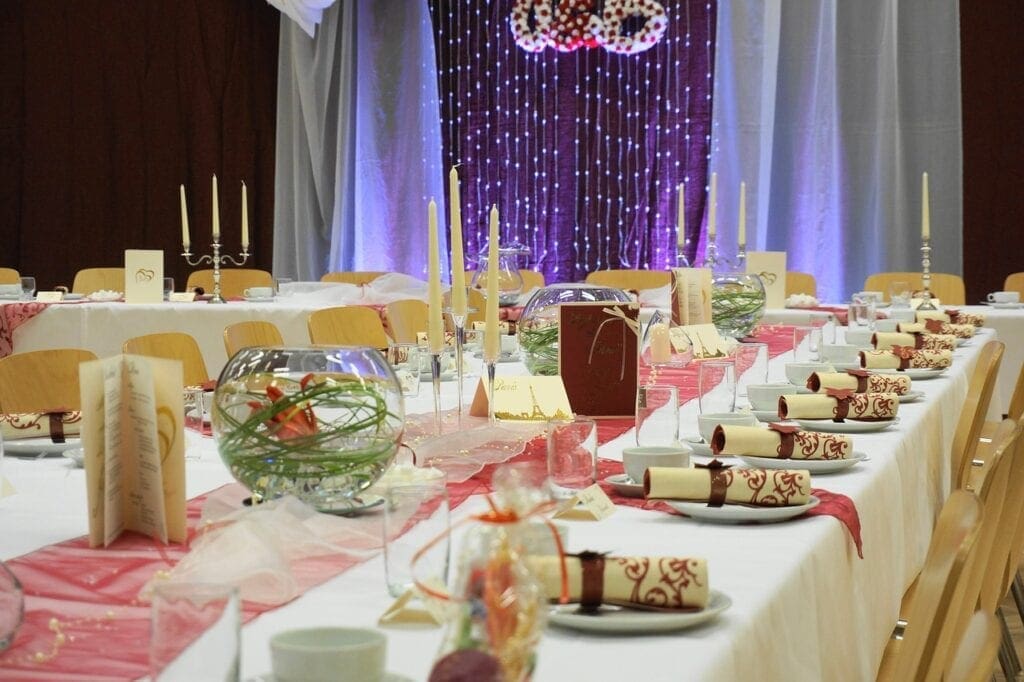Jesus the Rude Guest
Jesus the rude guest
Talk about Jesus as the rude guest. Put yourself in the position of the leading Pharisee in the Gospel for the 22 Sunday in ordinary time. LK 14:1, 7-14 Just imagine yourself hosting a big party for a celebrity. You have spent a lot of time making sure everything is ready. The food is prepared and you have finally figured out where everyone should sit for this celebration. Then, your honored guest surprises you.
Jesus rudely says to the guests they should be more humble. It is a fair assumption that the invited guests would be Pharisees in the mold of the leading Pharisee. Jesus often called them out for parading themselves as holier than others. He often took them on by saying maybe you are not as holy as you think you are,
But Jesus goes even further. He rudely says to the host you only invited people like yourself. You exclude people. You forget that you once were once excluded. So why are you excluding others?
What was Jesus thinking? No wonder the Pharisees had problems with Jesus!
The point?
Remember that this is a Sabbath meal.
Remember that you too were once slaves in the land of Egypt, and the LORD, your God, brought you out from there with a strong hand and outstretched arm. That is why the LORD, your God, has commanded you to observe the sabbath day. Dt. 5:15
When God found them, the Israelites were slaves. God reversed their condition and invited them to the table. On one level, then, the Sabbath commandment in Deuteronomy is about remembering the Israelites’ slavery and showing gratitude to God for redeeming them and their descendants from it.
On a deeper level, it is about translating that memory and redemption into treating others with kindness and generosity, especially those who are weak and vulnerable as the Israelites once were.
“God, in your goodness, you have made a home for the poor”… us and our brothers and sisters
The Sabbath meal not only celebrated God’s gracious actions on their behalf, but it also reminded them that they were to do for others what had been done for them: free the enslaved; welcome the stranger; care for children and protect the widows.
No, Jesus hasn’t had a shift in character. He isn’t suggesting subtle ways to climb the social ladder so as to get places of esteem and influence. Rather, he wants those who have, to reach out to those who have not. And if we sit across the table from each other, who knows where our conversations will lead?
How might this change our attitude toward community?
If we make a point to invite the least, “the poor, the crippled, the lame and the blind…,” then while at table with them, we might enter into new relationships. Not only would the poor be fed, but we would discover the Christ who identifies most closely with them.
I suspect Vincent would cheer this.
Those neglected by our society not only need our material gifts, but they also need the dignity that comes with being acknowledged; they need the gift of our friendship – and we need theirs as well.
Imagine the dinner scene: food and drink being passed and people who previously didn’t know one another, involved in animated conversation.
What might we hear at the table as we get to know the guests we have invited? We might hear and come to understand their need for food and shelter; protection of their rights; good and safe schools for their children; a voice to speak out on their behalf in the community; health care and medicine for their families; help to process legal documents; employment, etc.
We rarely get to know those whose lives are at the other end of the spectrum from us. But if we did, by having dinner together, or initiating a conversation with them, we might come to recognize the others as unique persons and we might come to know their needs as well. Then, first hand, we will know what we must do to be Jesus’ faithful disciples.
We may be very different in the world, but here at Eucharist we are family. What have we learned about one another at this table? When we leave this gathering space, what can we do for others, those whom Jesus would have us love the way he loves them?
Isn’t this what Popes Benedict and Francis mean when they call us to a theology of encounter. They call us to imitate God who reached out to us an invited all of us to sit at the table?
This post originally appeared on the site of the Vincentians of the Eastern Province USA








0 Comments